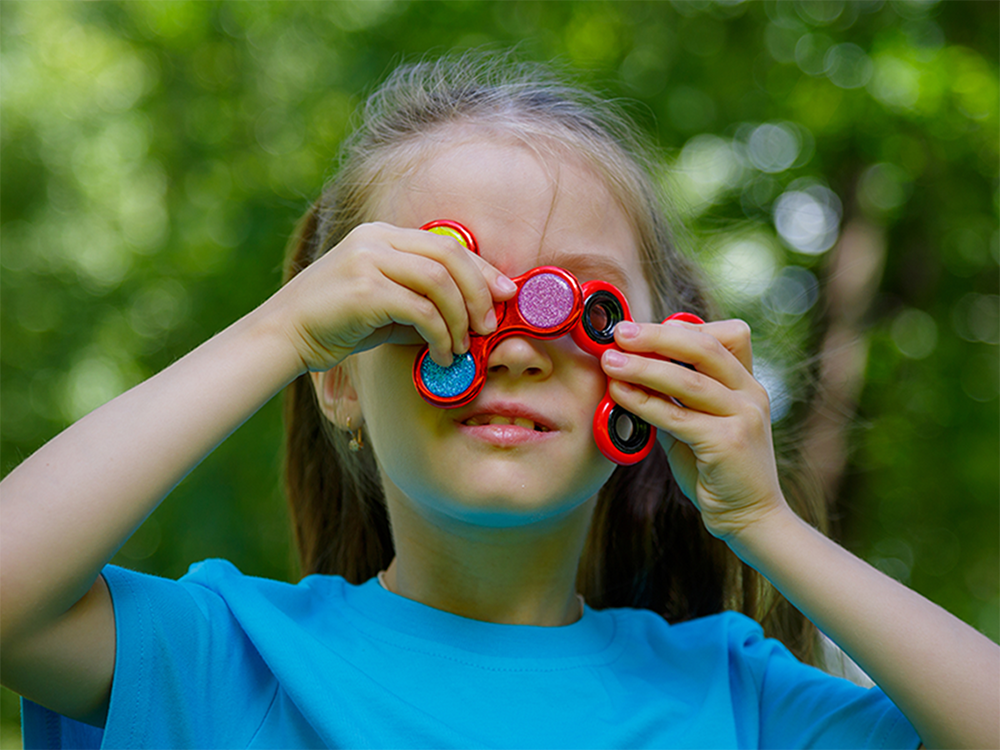For many parents of children and teens with attention deficit hyperactivity disorder (ADHD), the school year is spent helping them to focus their attention on schoolwork, managing weaknesses in executive functioning (i.e., time management, organization) and navigating self-regulation and related behavioral issues that may occur. While parents and kids often view summers as a respite from school, unfortunately, ADHD goes to camp, too.
ADHD usually impacts people across most domains (i.e., school, home, social) to varying degrees. However, choosing an optimal environment – in this case, a camp that’s a good fit – and adjusting treatment interventions (i.e., therapy, medication, structure) based on needs in any given time period and setting can make it much easier for children to thrive at camp without being greatly hindered by ADHD symptoms.
Choosing the Right Camp
Whether a child has ADHD or not, many factors go into choosing a camp for your child or teen – interests, location, availability and the list goes on. When thinking about choosing a camp for a child with ADHD, a few additional good considerations would be:
- Amount of structure in the camp: While not all kids with ADHD are as impacted by a lack of structure, more often than not, camps that provide enough structure to keep kids engaged can also help reduce behavioral issues that may be more common during unstructured times.
- Frequency of physical activity: Not all kids with ADHD have a strong need to get excess movement during the day. Regardless, physical activity can be helpful for a variety of reasons in helping manage ADHD symptoms (not to mention offering many health benefits). For those with ADHD who struggle to sit still, choosing camps that offer a large amount of physical activity during the day can be very helpful.
- Availability of extra support if needed. If your child has a lot of support at school, such as a behavior plan and frequent meetings with a counselor, looking at camps that may offer some extra support as needed – or at least seem willing to collaborate with outside professionals as needed – can be helpful in setting your child up for an enjoyable summer. Whether camps actively advertise it or not, many have dedicated support staff who help support the emotional and behavioral needs of campers.
Continuing Treatment
If ADHD goes to camp, continued treatment should as well, as needed.
There are a variety of factors to examine when deciding whether behavioral treatment, interventions at home and medications should be adjusted or done away with when school is not in session. It is best to speak with providers, examine the potential needs during the summer months and plan accordingly. Here are a few thoughts to consider:
Consistency is extremely important in helping kids manage ADHD symptoms effectively. If your child is going to day camp, in many cases it may be best to continue behavioral interventions normally during the summer. This helps maintain consistency, keeps support in place to address issues that may arise with camp and may in turn facilitate a more positive camp experience.
For kids who go to sleep-away camp, continued behavioral supports may not always be feasible. Depending on the level of severity of issues, consult with your provider about the benefits of continuing treatment at camp versus potential drawbacks, and whether this is even feasible remotely with licensing laws if the camp is in a different state. Of course, not all camps will allow a child to do virtual sessions on a regular basis. If this is important for your child, take this into account when choosing a camp.
For medication, occupational therapy or other types of interventions, it is best to speak with your child’s doctor to examine what their needs will be over the summer. They can help guide you on what if anything should be adjusted during the summer months.
Keep in Mind
- Transitions: Some kids with ADHD greatly struggle with transitions, whereas others do not. Therefore, if your child often takes a long time to get used to a new environment, peers, etc., try to plan summer camps and activities that don’t involve them switching programs each week.
- Down time: Virtually all kids and people need down time of some kind. However, some children with ADHD may potentially struggle more with weeks on end of free time. As a result, creating a structured plan for the entire summer, including general ideas of how to spend days or weeks when not in camp, would be useful. For example, planning day trips, morning walks, various activities to do at home and afternoons at the pool could work well.
While ADHD goes to camp too, this does not mean that the camp experience will be negative in any way. Knowing that ADHD symptoms can and often do manifest themselves in the camp environment (sometimes quite differently than at school) can help you as the parent to focus on picking a camp that is an ideal fit for your child, also taking into account how that environment may support their ADHD symptoms and enable them to thrive. Furthermore, being mindful of the importance of continued interventions even when school is out for summer is important.
Related
Washington Parent Executive Functioning FB Live Event
What a Child With Dyslexia Can Teach Us

